They certainly are not great writers, but they speak their country's language and they make themselves heard
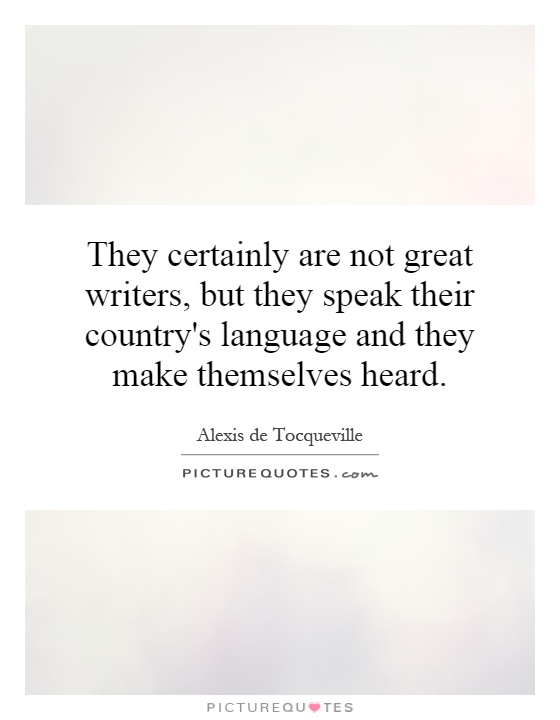
They certainly are not great writers, but they speak their country's language and they make themselves heard
Alexis de Tocqueville, a French political thinker and historian, made the observation that "They certainly are not great writers, but they speak their country's language and they make themselves heard." This statement reflects Tocqueville's views on the importance of language and communication in a democratic society.Tocqueville was a keen observer of American society during the early 19th century, and his seminal work, "Democracy in America," remains a classic in the field of political science. In this work, Tocqueville explored the unique characteristics of American democracy and the role of language in shaping political discourse.
Tocqueville believed that language was a powerful tool for shaping public opinion and influencing political debate. He argued that in a democratic society, the ability to communicate effectively was essential for citizens to participate in the political process. While not everyone may be a great writer or orator, Tocqueville believed that the ability to speak the language of the country and make oneself heard was crucial for democratic engagement.
Tocqueville's observation about the importance of language and communication in democracy is still relevant today. In an era of social media and 24-hour news cycles, the ability to communicate effectively has never been more important. Politicians, activists, and ordinary citizens alike must be able to articulate their views and make themselves heard in order to influence public opinion and shape policy decisions.
Furthermore, Tocqueville's emphasis on the importance of speaking the language of the country is a reminder of the need for inclusivity and diversity in democratic societies. In order for democracy to function effectively, all citizens must have the opportunity to participate in political discourse, regardless of their background or level of education. By speaking the language of the country and making themselves heard, individuals can contribute to the vibrant exchange of ideas that is essential for a healthy democracy.

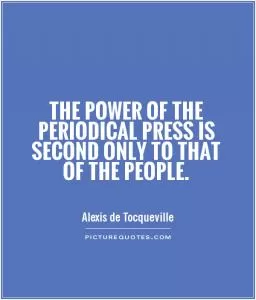



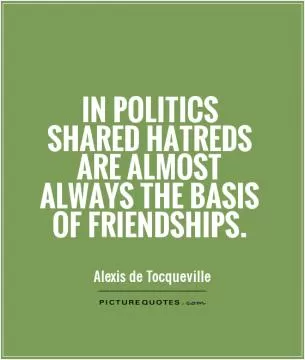


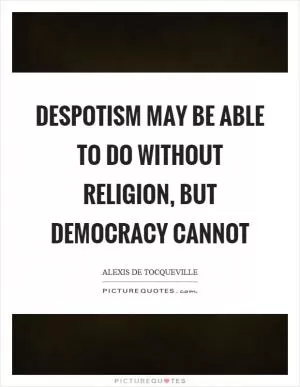


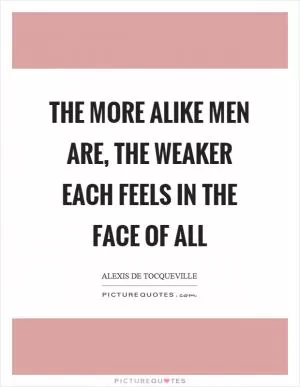
 Friendship Quotes
Friendship Quotes Love Quotes
Love Quotes Life Quotes
Life Quotes Funny Quotes
Funny Quotes Motivational Quotes
Motivational Quotes Inspirational Quotes
Inspirational Quotes